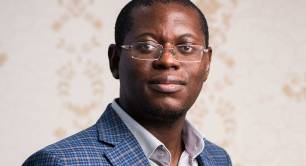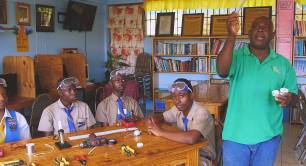From charity to social enterprise: A new model for schools in Nigeria and beyond?
A headteacher who founded a small charitable school for the poorest children in a conflict-torn Nigerian city now has his sights set on replicating his educational model in neighbouring countries as well as building a polytechnic. The key to this success? Switching to a social enterprise approach. Russell Hargrave reports.
The Creative Minds International Academy was established as a charity in central Nigeria in 2007. It had a clear mission: to make sure that children frozen out of education – pupils from poor families or displaced by decades of war – could go to school, breaking the cycle of poverty and hunger.
The academy has evolved enormously in the years since. It is now a social enterprise, showcasing a new model for providing affordable education. Its pupils learn about leadership alongside traditional classes. And it has ambitious plans for scaling up its work, to reach more students and expand into neighbouring countries.
It is an extraordinary story which begins with its founder, Dr Emmanuel Ivorgba.
A turning point in India
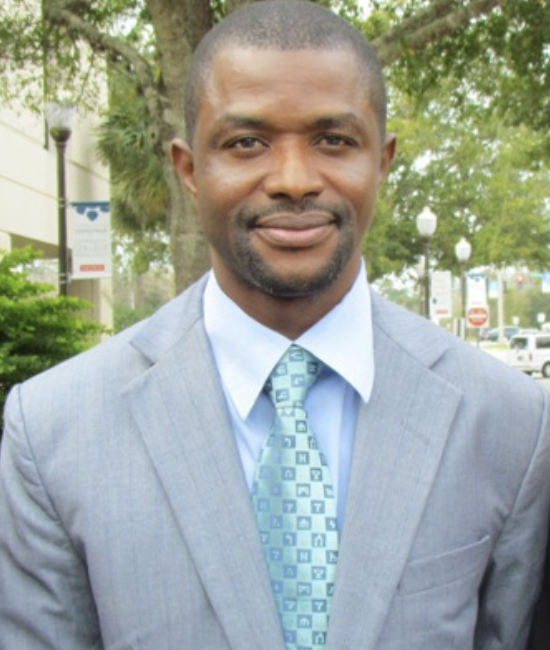 Ivorgba (right) worked as a teacher for a decade. But in the early 2000s he travelled to India and met the Dalai Lama. It was “the turning point in my life”, he says: hearing the spiritual leader speak about the connections between education and wider issues of happiness and compassion was a defining moment in his plans. On returning home, Ivorgba left his job as a school principal and applied his experience to solving larger questions about access to education in a country where high-quality private schools are far beyond the means of most families.
Ivorgba (right) worked as a teacher for a decade. But in the early 2000s he travelled to India and met the Dalai Lama. It was “the turning point in my life”, he says: hearing the spiritual leader speak about the connections between education and wider issues of happiness and compassion was a defining moment in his plans. On returning home, Ivorgba left his job as a school principal and applied his experience to solving larger questions about access to education in a country where high-quality private schools are far beyond the means of most families.
He moved across the country and founded the Creative Minds International Academy in Jos, a city of nearly one million people at the crossroads of the country’s majority Muslim north and the majority Christian south. It was an area Ivorgba describes as “the poorest of the poor, a very difficult environment”. The academy initially opened as a traditional charity in a single rented apartment, teaching primary and secondary classes against a backdrop of deadly clashes between rival religious gangs.
The violence at the time was “really terrible”, Ivorgba recalls, but the logic behind creating the school was simple: “We didn’t want children to grow up thinking, ‘I was not able to go to school because my parents did not have the resources.’”
“At the very least,” he says, “children should have a basic secondary education.” He lost his own father when he was just three years old and is dedicated to creating opportunities for “kids from backgrounds just like mine”.
- Read more in Pioneers Post about social enterprise in education
The academy won donations from organisations including the Dalai Lama Foundation the Mount Madonna School and Project Happiness. Schooling was free.
But demand was constantly growing, and resources were increasingly directed to short-term fundraising. By 2013, Ivorgba knew he would have to think about different models if the academy was to thrive.
It was at this point that he met Richard Catherall at a social enterprise training programme in Istanbul organised by the United Nations. Catherall, a social enterprise consultant, identified the crucial question facing the team in Nigeria: “How do we make this NGO sustainable?”
The benefits of meeting a social enterprise guru
Ivorgba is full of praise for Catherall (pictured below with students at the academy). “I call him the guru on social entrepreneurship!” he says.
“The idea of a social enterprise is very, very new to us here [in Nigeria],” Ivorgba continues. “That’s why, when I met Richard, it sparked something in me immediately. I had been thinking about it [changing the academy’s model], but I had no plan. I didn’t know how to go about it.”
Fortunately, Catherall definitely had a plan. Catherall visited Ivorgba the following year, and soon the pair were pooling their ideas. Catherall is now a director and co-founder of the new-style academy which has transformed into a social enterprise.
Firstly, the school has broken out of the NGO model. There is no reliance on international funders. Students pay a relatively small fee to attend – about $70 per year – which is then invested in the academy and its staff.
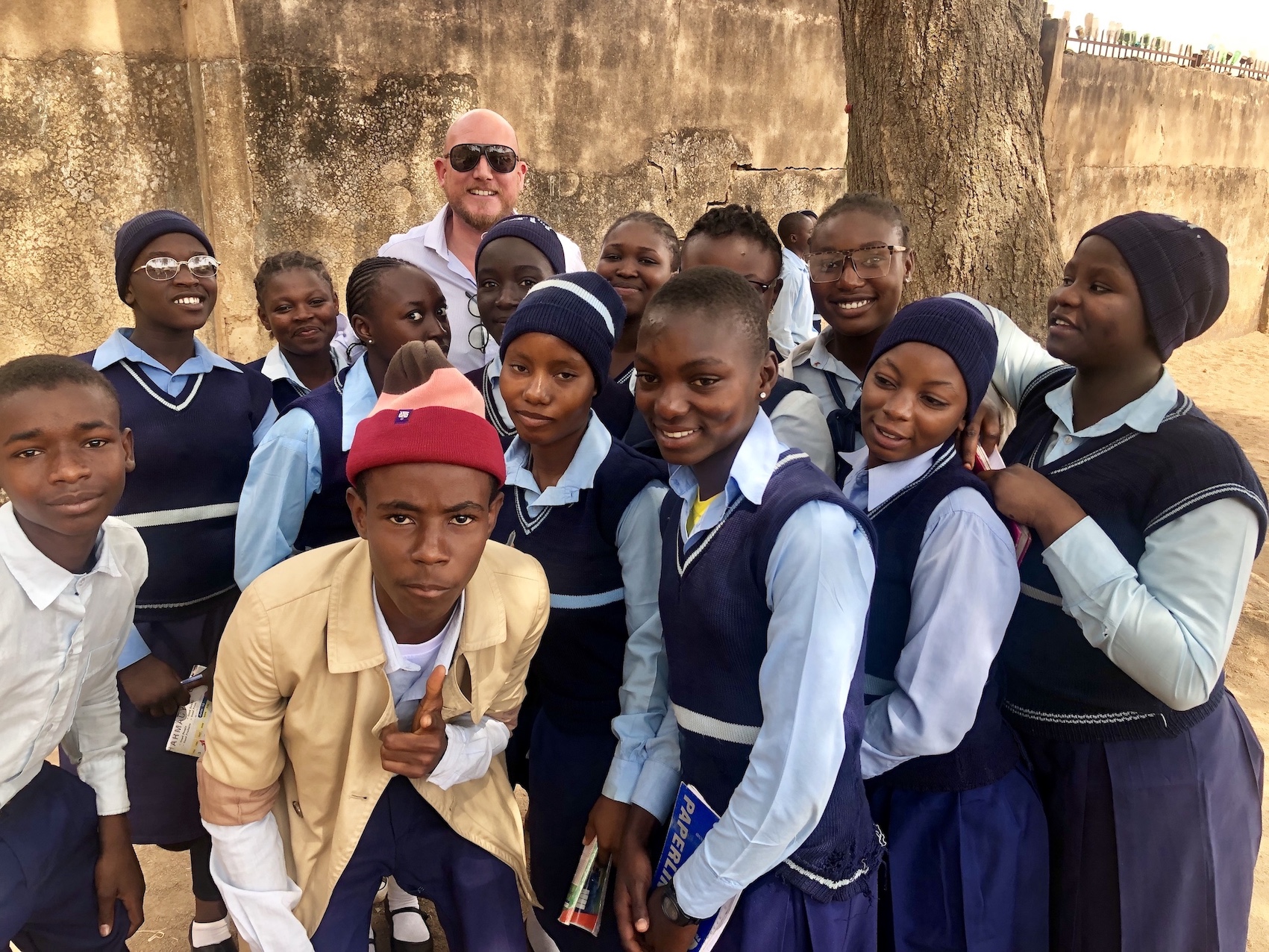
“We have been trying to find a sustainable price where we could provide education at a price that people could afford,” Catherall says, and after testing to find the right price-point the school has now been profitable for several years. The system is flexible enough to cover costs for any family which temporarily cannot pay.
“If you want bang for your buck,” he says, “then you need to find solutions for low-income families.”
Secondly, the academy is being developed as an asset to serve the surrounding community beyond the education it delivers. Catherall explains how its local reputation means that, when tensions between local people were running extremely high, it has acted as an honest broker between local people and some state institutions: The school has provided the army and police with an “alternative dispute resolution mechanism” for kids in trouble, he says, “using the assets and social capital that it has.”
If you want bang for your buck, then you need to find solutions for low-income families
Thirdly, there are new governance structures, designed to unite teachers and parents, and to try and knit together Nigeria’s patchwork of different ethnic and religious identities. This is hugely complex, but Catherall argues that the academy is “an exemplar” of ways to bring together local Muslim families and mainly Christian teaching staff.
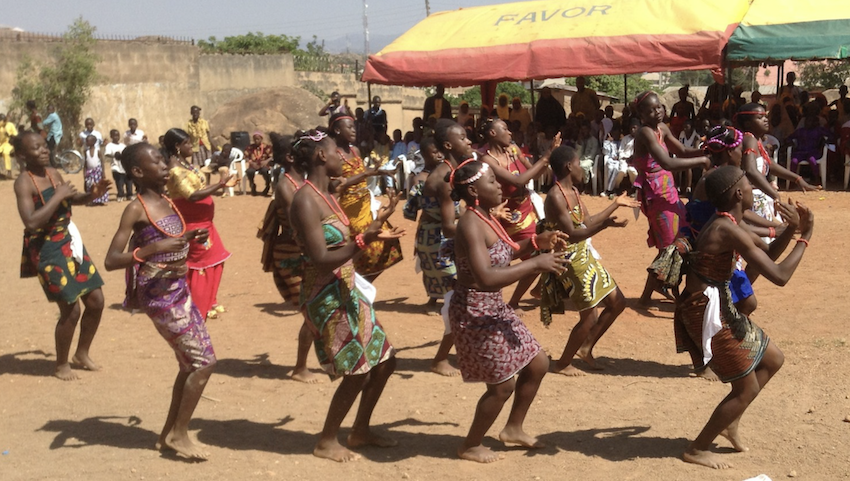
The annual intercultural day at the Creative Minds Academy aims to bridge ethnic divisions
And finally, social entrepreneurship not only influences the school’s organisational model but it is also fundamental to the teaching approach. Lessons focus on an academic curriculum at the same time as cultivating the next generation of social leaders. The academy wants to influence “the quality of the heart”, Ivorgba says, and encourage pupils to think about their own place in the world and their own role spearheading future change and solving the problems in their societies. “That for me is the point of education.”
In the words of the school’s marketing material, “Our students are leaders, peacemakers, creative and positive about self-determination.”
Big plans for the future
Both men imagine doing more, however.
The academy has already grown to teaching nearly 500 pupils across two sites. The next goal, discussed at events, including the Social Enterprise World Forum 2019 in Addis Ababa, Ethiopia, is to secure new land on which to build a polytechnic. This would allow academy students to move all the way into tertiary education and develop their practical and entrepreneurial skills. This is also planned to operate as a social enterprise, charging students around half of what they would pay for the most expensive tertiary education in the country.
Catherall outlines the bigger picture. There are deep-rooted problems with regional inequality in Nigeria, he explains, and high-quality tertiary education is one way to start righting the balance.
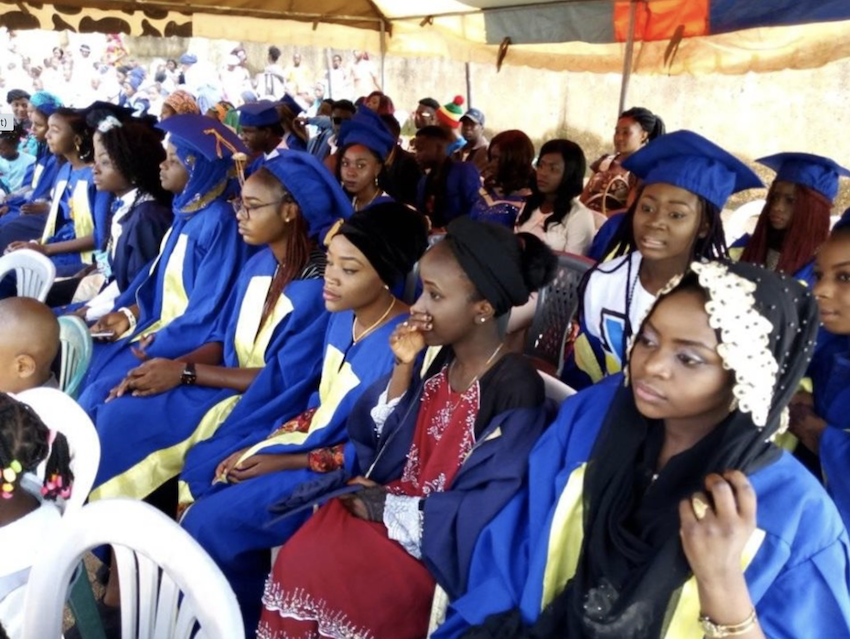
"Our students are leaders, peacemakers, creative and positive about self-determination": students at their graduation ceremony
“There is the conversation that all the options after secondary school tend to involve children leaving the village or the city, going very far afield and maybe not coming back. Is there an alternative to that? Is there something we could do which would enable young people to see that remaining part of the economic development of the local area is something they would want to be part of?”
It is a fundamental of social enterprise, wherever you are, that you want to shift power to communities and keep shifting it
And the future may lie outside Nigeria too. Ivorgba mentions neighbouring countries – Liberia, Sierra Leone, Ghana – where schools could be established through social franchising, modelled on the success of the Creative Minds Academy and creating a network of ‘edu-preneurs’.
Catherall and Ivorgba spent much of last year developing a long-term strategy and seeking funding through donations from high net worth individuals as well as venture philanthropists and impact investors.
“It is a fundamental of social enterprise, wherever you are, that you want to shift power to communities and keep shifting it,” Catherall says. He and Ivorgba have applied that thinking in one region of Nigeria – and they are dreaming of something even bigger.
However, the current coronavirus pandemic means that these plans are currently on hold. The Plateau State and several others in Nigeria are currently in lockdown, with schools suspended a few weeks ago – right in the middle of exams. And in a zone with unreliable electricity and internet services, online teaching is impossible.
This means that only around half of the school fees have been collected, Ivorgba tells Pioneers Post in an update via email this week. What’s more, he points out, families are likely to be facing food shortages with their ability to earn money stopped during their confinement at home.
Yet he remains positive. “It is such a difficult situation,” he says, “but we are exploring ways to overcome this interruption and temporary setback. We are hopeful that this will be over soon.”


